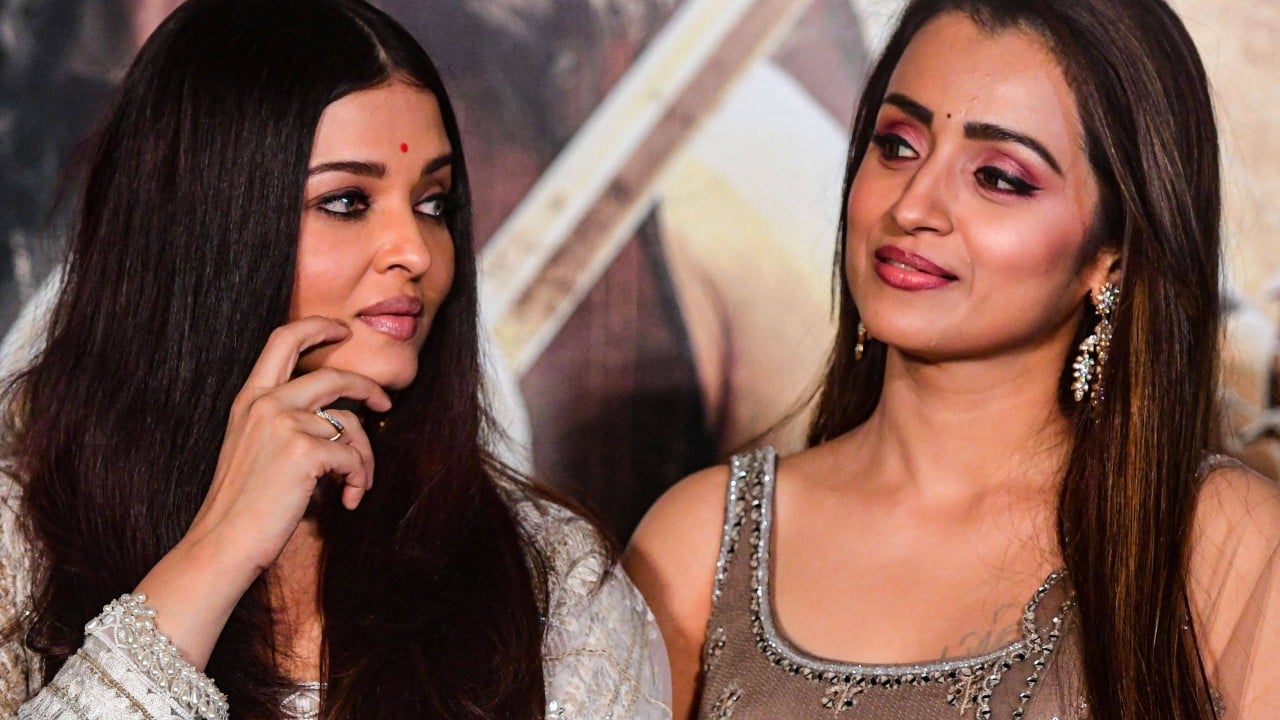From Priyanka Chopra to Aishwarya Rai, India has always taken pride in its beauty pageant winners-turned superstars. Now, a political debate has erupted with opposition leader Rahul Gandhi asking whether such contests should be more representative of India to include winners from the disadvantaged lower castes.
“I have checked the list of Miss India, which did not have any Dalit, Adivasi [tribal] or OBC [Other Backward Castes] women. Some will talk about cricket or Bollywood. No one will show the cobbler or plumber,” he told a conference honouring India’s Constitution on Saturday.
“Even top anchors in the media are not from the 90 per cent,” he claimed. India could not hope to be called a superpower until such weaker sections representing 90 per cent of the population were represented in all walks of life, Gandhi argued.
India’s Minister of Minority Affairs Kiren Rijiju was quick to rebuke Gandhi, highlighting that the country’s President Droupadi Murmu hailed from a tribal family and the surname of Prime Minister Narendra Modi has links to Other Backward Castes, with several cabinet ministers sharing similar backgrounds.
“Now, he [Gandhi] wants reservations in Miss India competitions, films, sports! It is not only an issue of ‘Bal Budhi’ [immature thinking], but people who cheer him are equally responsible too!” Rijiju posted on social media X. “Childish wit may be good for entertainment but don’t make fun of backward communities in your divisive tactics,” he said in Hindi.
India has produced a string of international pageant winners in recent decades including three Miss Universe crowns, six Miss World crowns and one Miss Earth crown. Several winners have gone on to star in Bollywood.

The political debate over the representation of lower castes came in the wake of a recent order by India’s Supreme Court to expand caste-based reservations for education and jobs, which has reinforced a long-standing opposition demand to conduct a caste-based census to improve inclusiveness.
India’s constitution requires government jobs and state-run educational institutions to reserve up to half of their placements for scheduled communities, whose development has long suffered at the hands of elite castes.
At present, 22.5 per cent of jobs and admissions to educational institutions in India are reserved for scheduled castes – a group that includes those previously referred to as untouchables but now collectively known as Dalit, who form the lowest socio-economic rung – while around 27.5 per cent are reserved for other marginalised communities classified as “Other Backward Classes”.
Opinions are divided over Gandhi’s call for greater inclusivity in beauty pageants and Bollywood films, which are beyond government control.
“I think he is trying to catch the popular imagination in every possible way. But can you really force the private sector to apply reservations?” said Yashwant Deshmukh, a political commentator, pointing out that the private sector would select candidates based on merit rather than caste, creed or religion.
But he added that India’s population data was important for affirmative action to support the development of weaker sections of society.

India last conducted a general census in 2011. It had planned to conduct the following census in 2021 before it was postponed due to the Covid-19 pandemic.
Analysts say the political narrative focused on greater inclusiveness of under-represented castes is possibly the strongest threat to the BJP’s play on shoring up its support from among the country’s dominant Hindus. The subject of castes can potentially split up sections of Hindu voters, they add.
Gandhi’s messaging is likely aimed at wooing away sections from the BJP’s stronghold although the appeal to voters based on caste resonates more with the ideologies of other opposition parties such as the Samajwadi party in Uttar Pradesh and Rashtriya Janata Dal in Bihar, analysts say.
Samajwadi party, an ally of Gandhi’s Congress party, significantly dented the BJP’s victory margin in the politically strategic state of Uttar Pradesh in the recently -concluded national elections.
What is beauty after all?
“Rahul Gandhi is trying to create a new public discourse about proportionality and caste. This is needed for the caste census but also for the future of India’s reservation policies,” said Uday Chandra, an assistant professor of government at Georgetown University.
India should aim for better welfare targeting and create awareness about caste reservations, he said.

“So far, private companies have resisted stoutly but quotas are the fastest way to alter demographics in the workplace or educational institutions,” he said.
While it would be a stretch to expect reservations to be extended to things like the Miss India contests, “people can see to what extent pageants, sports teams or media newsrooms are highly unrepresentative of Indian society,” he said.
Greater diversity would require a change in thinking, analysts say.
“There may be an expansion of the range of what is considered ‘beauty’ worldwide. For example, we are moving rapidly away from bias against darker skin globally in the past three decades or so,” Chandra said.
“I expect similar dynamics when we consider what a beautiful Indian might signal abroad,” he added.


